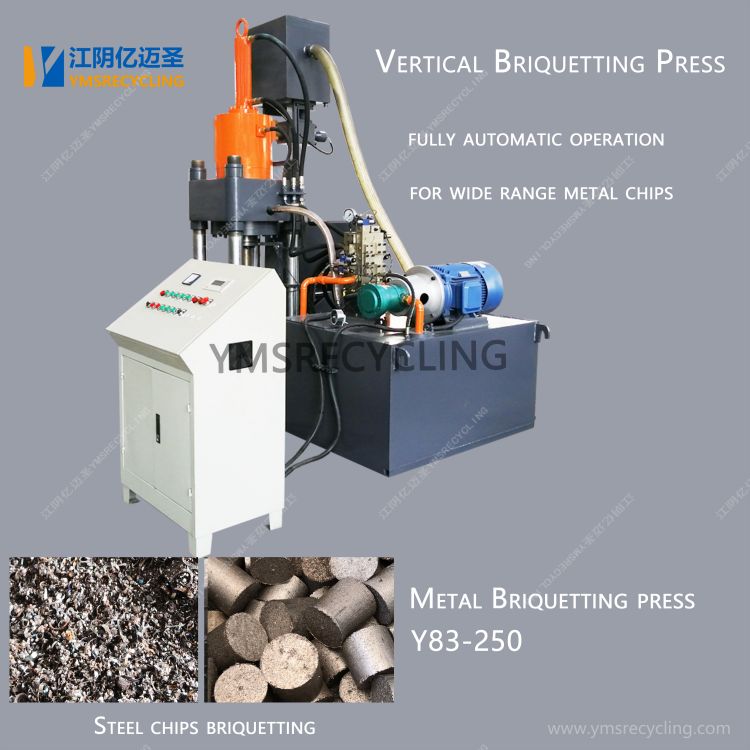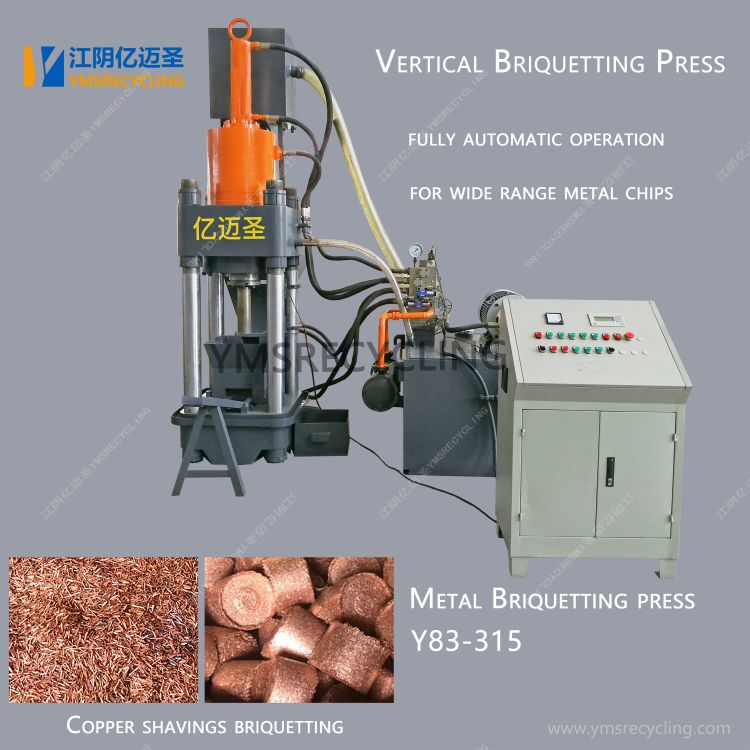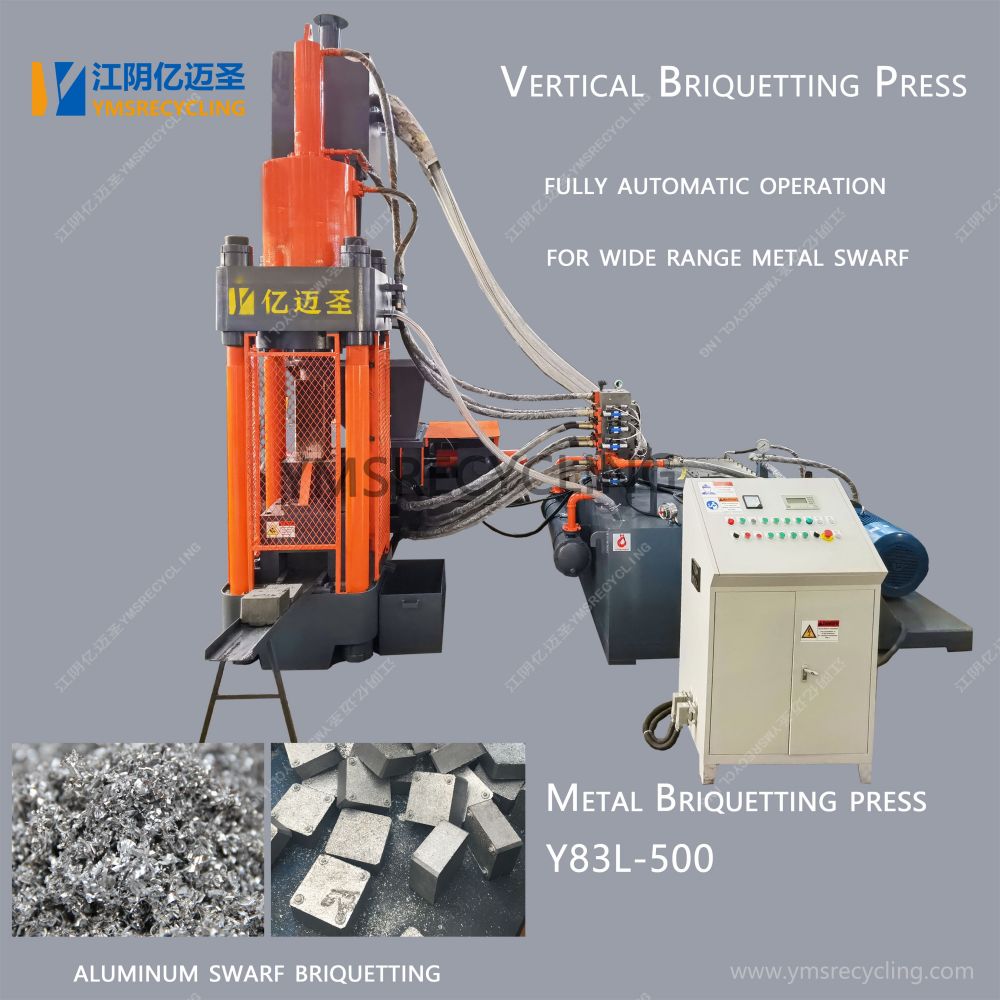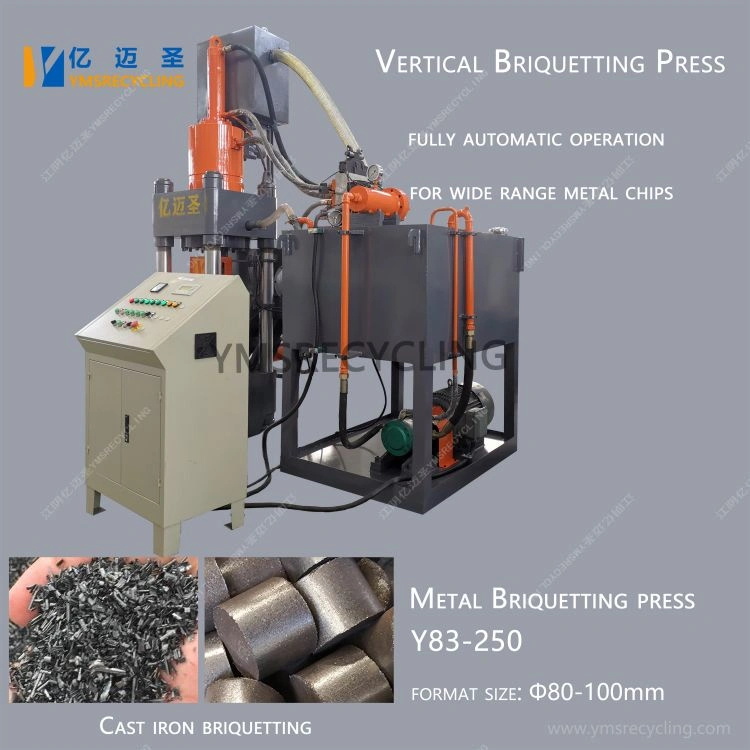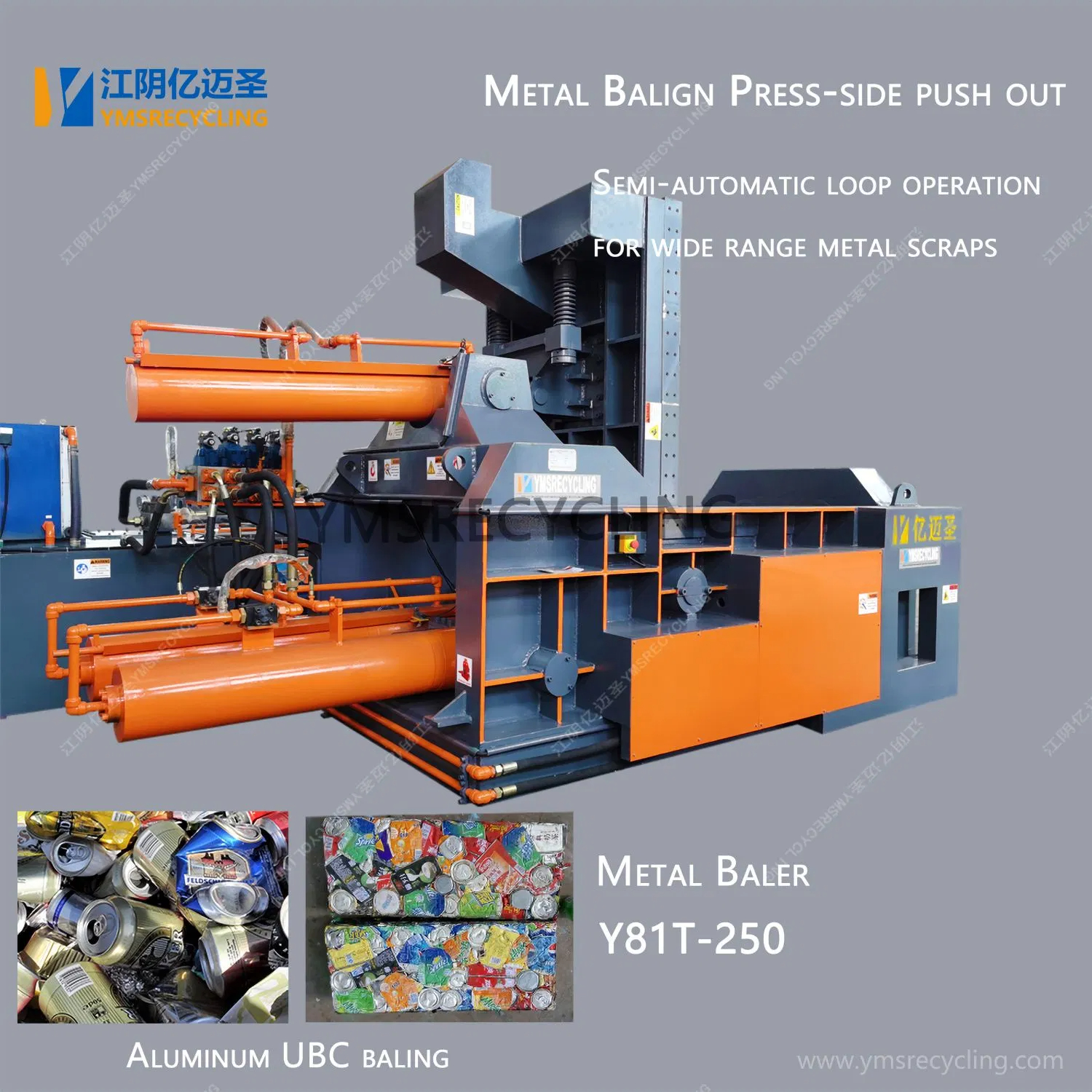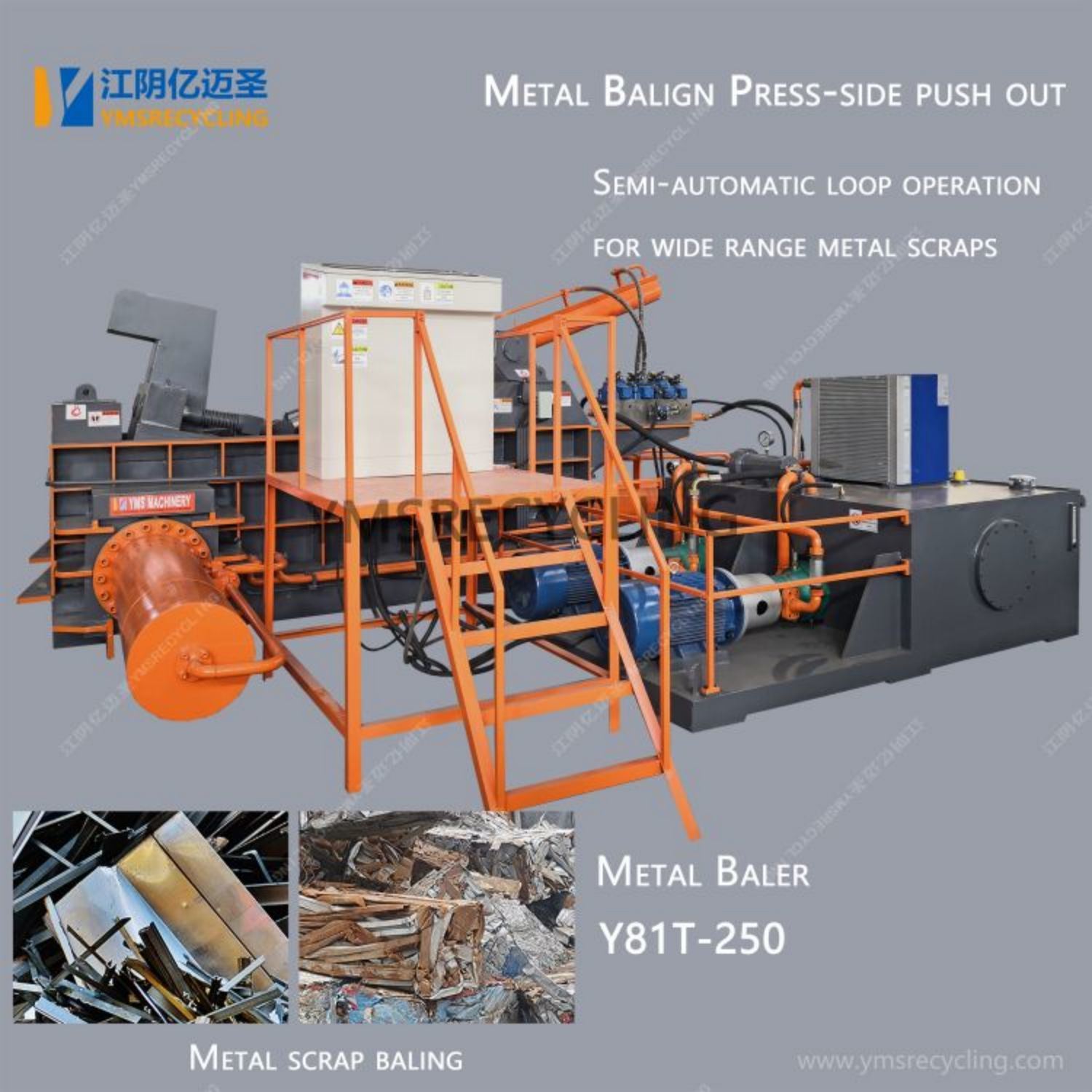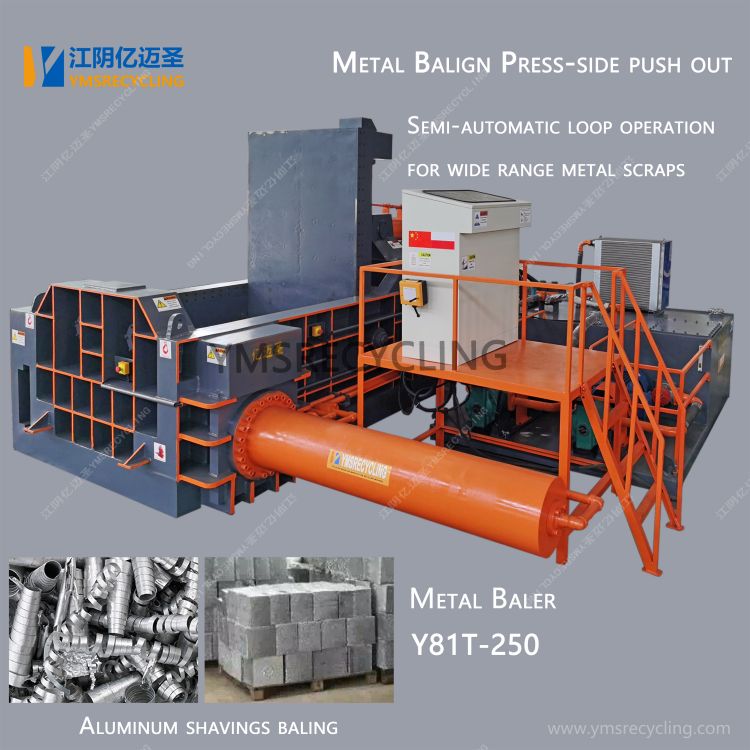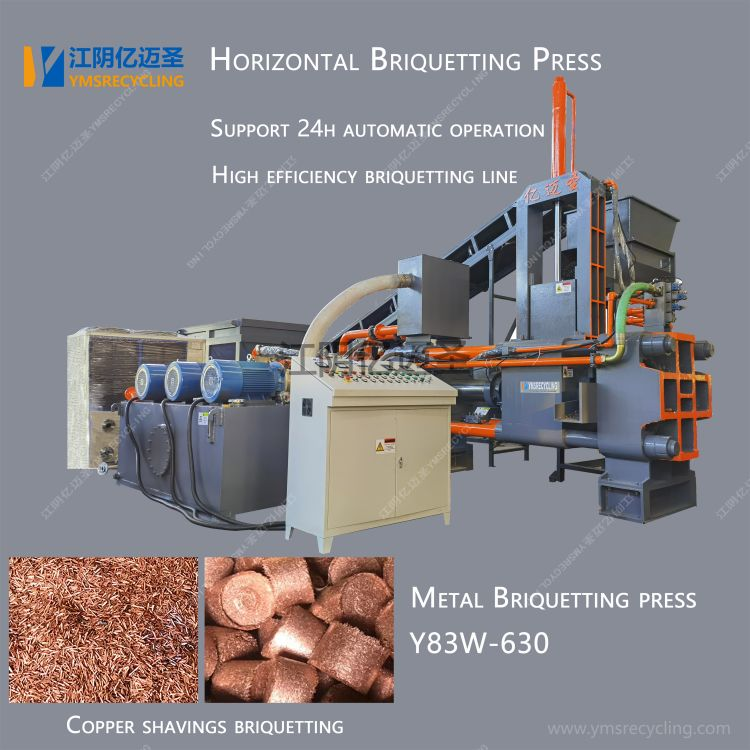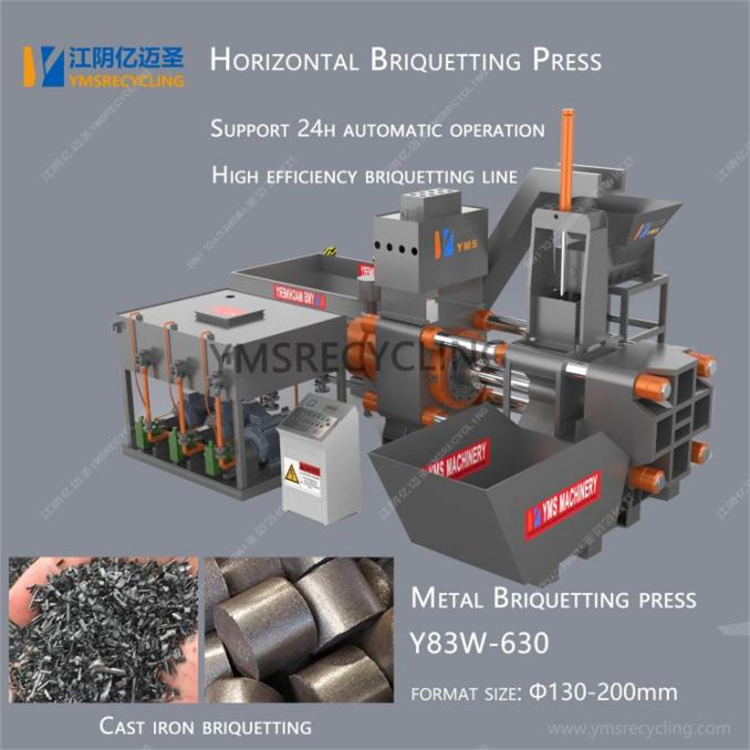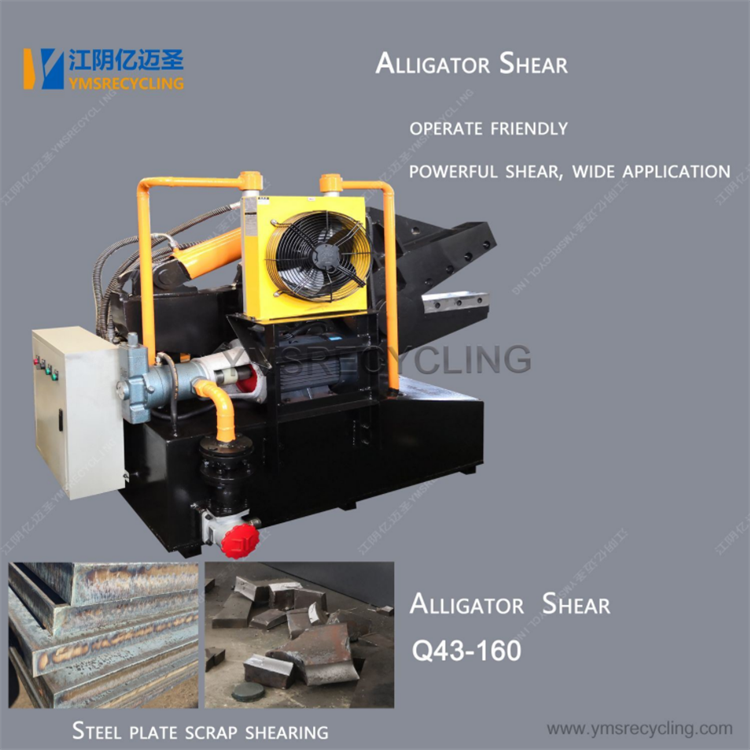Scrap metal recycling equipment has become a cornerstone in the modern recycling industry, playing a pivotal role in transforming waste metal into valuable resources. With the increasing emphasis on sustainability and environmental conservation, these machines are not only essential for waste management but also contribute significantly to resource efficiency and economic growth.
Metal scraps are generated from various industries such as machinery manufacturing, automotive production, aerospace, and shipbuilding. These scraps, which include metal cuttings, offcuts, and obsolete components, can pose significant environmental challenges if not managed properly. However, with the advent of advanced scrap metal recycling equipment, these scraps can be converted into high-quality raw materials, thus reducing the dependency on primary metal ores and lowering production costs.
Types of Scrap Metal Recycling Equipment
A myriad of equipment is available in the market to cater to different recycling needs. Some of the most notable types include:
Metal Shredders:
Metal shredders are low-speed, high-torque machines designed for volume reduction and recovery of both ferrous and non-ferrous scrap metals. They can process a wide range of materials, including scrap cars, sheet metal waste, metal drums, and punching scraps. The blades of these shredders are made from high-quality steel, ensuring durability and efficient shredding. Advanced models like the double-shaft shredders offer precise processing and can produce metal chips ranging from 3/4″ to 1″ in size.
Metal Baling Presses:
Metal baling presses are essential for compacting scrap metal into dense, manageable blocks, facilitating easier storage and transportation. Machines like the Y81-1000T hydraulic scrap metal baler can handle aluminum scraps and waste iron, producing high-density bales suitable for further processing or resale. These presses are available in various capacities, making them suitable for small-scale operations to large-scale recycling plants.
Metal Sorting Systems:
Advanced metal sorting systems, such as the X-TRACT™ X-ray metal sorter by Tomra, utilize dual-energy X-ray transmission (XRT) technology to separate metals based on atomic density. This technology enables precise sorting of aluminum from other heavy metals, producing high-purity aluminum scraps. The system’s high-power X-ray sources and DUOLINE™ sensors ensure accuracy even for particles as small as 5mm in diameter.
The scrap metal recycling industry is witnessing significant innovations, driving efficiency and sustainability. Modern equipment is increasingly incorporating automation and intelligent control systems. For instance, automated shredders and balers can be remotely monitored and controlled, reducing human intervention and enhancing operational safety.
